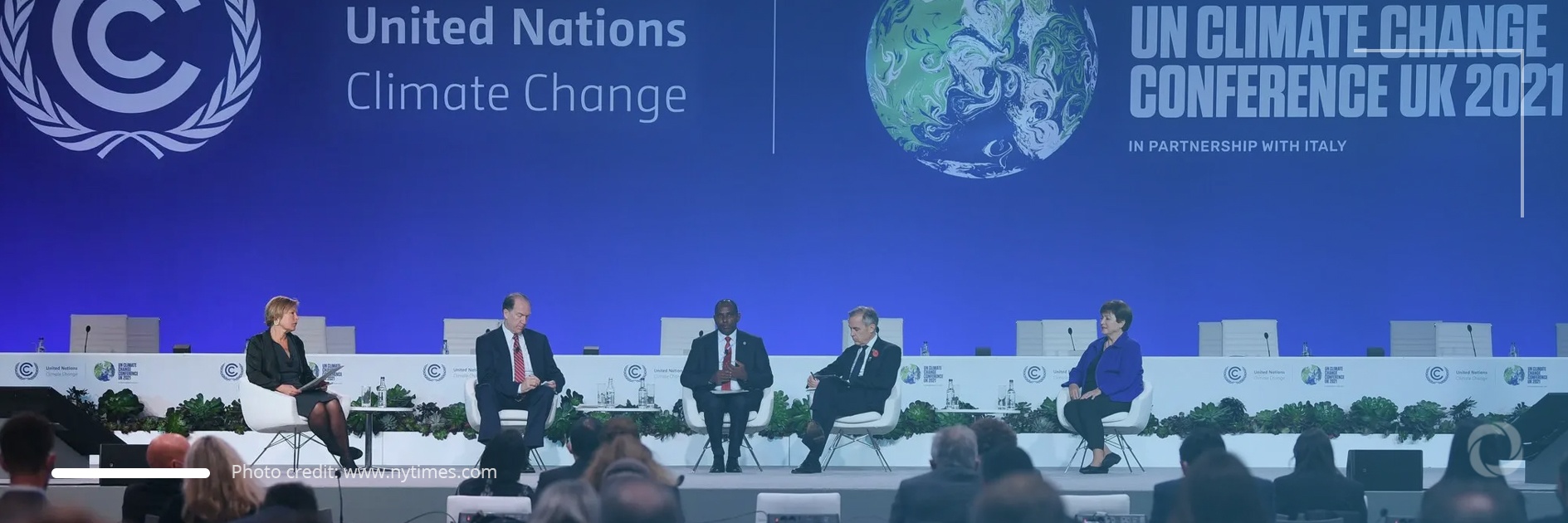A 30% cut in global methane emissions, phasing out coal, putting an end to deforestation, more financing to help preserve biodiversity. These are some of the pledges made so far during the world’s biggest climate event, COP26, held in the UK city of Glasgow between 31 October and 12 November. As encouraging as these may sound, their impact might be less than expected as some of the biggest emitters have shunned making any such commitments.
✔️ Global Methane Pledge
This pledge was announced by US President Joe Biden whose administration jointly with the EU made the effort to create a multinational alliance. The initiative is aimed at cutting methane emissions by 30% by 2030. It will be ensured by new regulatory measures that were accepted by 90 countries including 30 of the top major methane emitters. When fulfilled, the pledge will contribute to avoiding 0.3 degrees C of warming by 2040.
✔️ Phasing out coal
As shifting away from coal was among the main goals of COP26, the commitment of 40 states to phase this fuel from their energy mix can be regarded as a breakthrough. The pledge assumes that larger economies will have met this goal by the 2030s and smaller nations by the 2040s. The pledge was made by the biggest coal consumers – Canada, Ukraine, Indonesia, Vietnam, and Poland amongst others although other states whose reliance on coal is very high such as Australia, China, India, and the US abstained from making a commitment.
✔️ India and Nigeria announce net zero emission targets
These decisions are particularly significant since before COP26 the two countries had been reluctant to commit to trying to reach the net-zero target. Indian Prime Minister, Narendra Modi, announced that his country would be climate neutral by 2070 which is doable according to experts. This pledge is even more significant bearing in mind that India is the world’s third-largest emitter of greenhouse gas. Nigeria, the most populous African nation, declared it would become climate neutral by 2060 although during his speech in Glasgow, Nigeria’s President, Muhammadu Buhari, did not hide the fact that his country would need financial support to achieve this. While his declaration was warmly welcomed by delegates, experts are not sure if the plan is feasible.
✔️ No more deforestation by 2030
Another important pledge was the announcement by over 100 countries that committed to put an end to deforestation by 2030. The countries that signed the deal were China, Canada, Indonesia, the Democratic Republic of the Congo, Russia, Australia, the UK, the US, and Brazil amongst others. The latter is home to the major part of the world’s largest rainforest – the Amazon, which works as a thermal regulator of global temperature. Recently, the Amazon rainforest has started to generate more carbon dioxide than it consumes because of deforestation and fires, thus the need to curb the process of deforestation has become urgent.
See also: What are the most important environmental problems?
✔️ No financing for fossil fuels
This is another strategic pledge since countries generate greenhouse gases not only by burning fossil fuels themselves but also by investing in fossil fuel-based projects overseas. The US and 20 other states committed to stop doing so with effect from 2022. Instead of spending US$18 billion for fossil fuel projects overseas, the money will be invested in clean energy development. However, this agreement is not binding and the countries that altogether invest the most in fossil fuels abroad, i.e., China, Japan, South Korea (50% of all international funding), have abstained from committing to this pledge.
✔️ Financial pledges
Apart from the commitments to act against climate changes, important pledges were also made with regard to the financing of global warming mitigation and adaptation. US$1.7 billion was promised to support indigenous communities around the world by the UK, Germany, Norway, the US, the Netherlands, and 17 other funders. The aim is to help these communities to protect biodiversity in the forests where they live around the world. The Amazon founder, Jeff Bezos, offered US$2 billion to restore nature and improve food systems and will channel a total of US$10 billion to fight climate change. The Global Energy Alliance for People and Planet (the alliance of philanthropic organizations) announced it would allocate US$10.5 billion to support emerging economies with energy transformation from fossil fuels to renewable sources. The largest financial promise was the Global Finance Pledge worth US$130 trillion which was guaranteed by world leaders, 450 financial institutions, and private capital with the aim of supporting the global energy transition to reach zero net by 2050.

